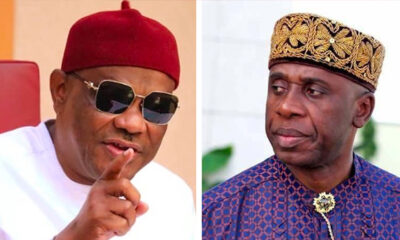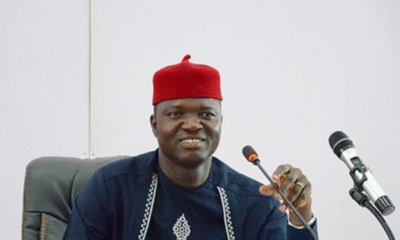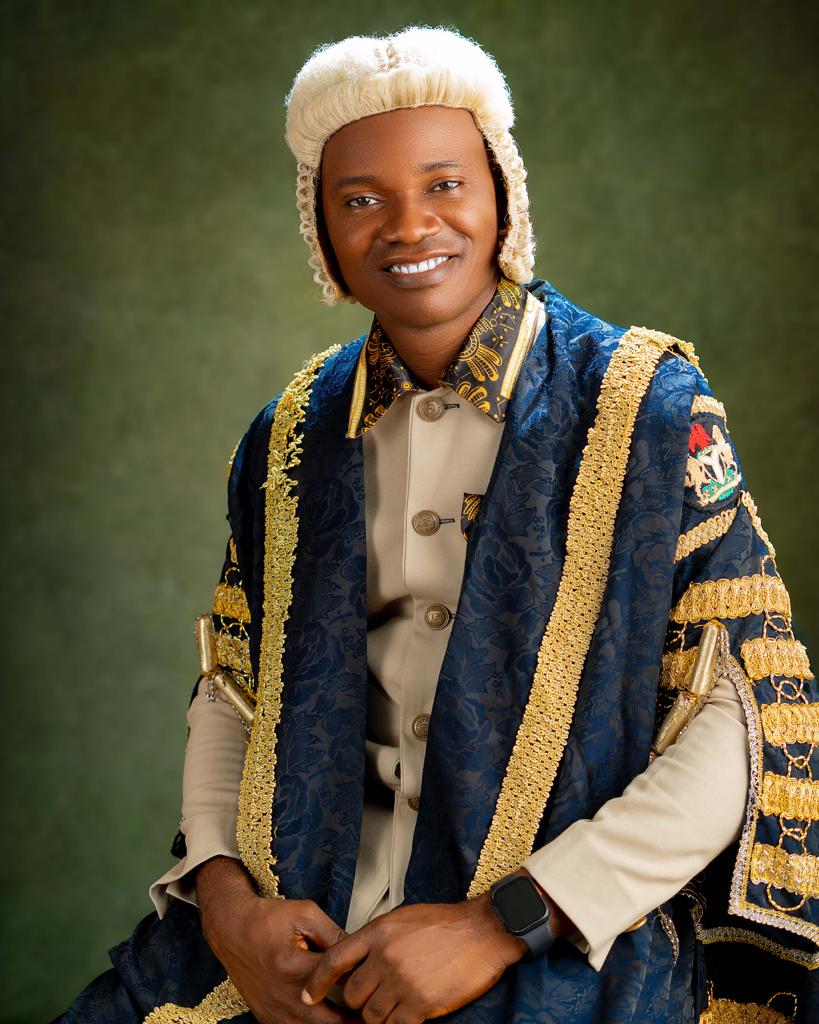ECONOMY
Nigeria’s Telecom Sector Poised for $1 Billion Infrastructure Overhaul

Nigeria’s telecommunications industry is on the brink of a major transformation, as operators have committed over $1 billion toward new network infrastructure—the largest investment of its kind in the sector’s recent history.
According to the Minister of Communications and Digital Economy, Bosun Tijani, equipment deliveries will commence in July 2025, with significant improvements in broadband access, 4G and 5G expansion, and overall service quality expected by the third quarter of 2025.
“We have confirmation that our telcos have placed equipment orders exceeding $1 billion. That scale of investment hasn’t been seen in a long time,” Tijani revealed in an interview on Thursday.
Tariff Adjustment Sparks Reinvestment Wave
This massive investment follows the government’s approval of a 50% tariff hike in February 2025—the first such adjustment in over a decade. While the move stirred debate over affordability, it has provided operators with the financial room to reinvest after grappling with more than 300% increases in operational costs over the past ten years.
“We’re closely monitoring these orders. We know the original equipment manufacturers (OEMs), and deliveries are scheduled to begin between June and July,” Tijani added.
Network Quality Set to Improve by Q3
With new equipment entering the country, Nigerians can expect noticeable improvements in telecom services by Q3. The upgrades aim to reduce call drops, increase internet speeds, and expand access in both urban and underserved rural areas.
This builds on remarks by Nigerian Communications Commission (NCC) Executive Vice Chairman, Aminu Maida, who confirmed in April that operators had placed over $1 billion in orders with Chinese vendors as part of a sweeping overhaul.
Bridging the Urban-Rural Connectivity Gap
While telecom operators are spearheading the upgrades, the government remains focused on expanding network access in commercially unviable regions.
“Connecting rural communities isn’t just about inclusion—it’s about economic growth and national security,” Tijani said. “President Tinubu has made rural coverage a priority because without government intervention, private telcos won’t invest in those areas.”
Tijani also noted that as voice traffic increasingly shifts to broadband-powered platforms like WhatsApp, the need to upgrade aging infrastructure has become more urgent.
“The sector was stagnating, but consumer demand kept rising. We needed to act.”
A Pivotal Moment for Nigeria’s Digital Future
With massive reinvestment from telecom providers and ongoing support from the federal government, Nigeria’s telecom sector is entering a new era of growth and modernization.
“We must push beyond the limits of private capital,” Tijani concluded. “This is not just a digital strategy—it’s a national necessity.”
Discover more from Asiwaju Media
Subscribe to get the latest posts sent to your email.
-

 POLITICS22 hours ago
POLITICS22 hours agoChinedu Ogah Decamps from APC to ADC, Joins Coalition—Video Claims Surface Online
-

 NEWS4 days ago
NEWS4 days agoNigerian Internet Fraudster Ehiremen Aigbokhan Accused of Stealing ₦460 Million Meant for Trump Inauguration
-

 ENTERTAINMENT5 days ago
ENTERTAINMENT5 days agoShocking! Davido Accused of Secret Dealings That Could Ruin His Career
-

 NEWS5 days ago
NEWS5 days agoPlateau Assembly Elects Nanloong Daniel as Speaker After Dewan’s Resignation
-

 POLITICS4 days ago
POLITICS4 days agoAmaechi Wife Stole N4B Every Month, Says Wike
-

 NEWS3 days ago
NEWS3 days agoEbonyi Village Lights Up with Self-Funded Electrification , Plans Road Construction
-

 POLITICS3 days ago
POLITICS3 days agoADC Targets Five Governors as More PDP, APC Leaders Join Opposition Coalition
-

 JOBS/SCHOLARSHIPS6 days ago
JOBS/SCHOLARSHIPS6 days agoCall For Applications: SEEDINVEST Acceleration Program For Nigerian Entrepreneurs (Up to N5 Million in Asset Grants + 6-week online Training)
-

 CAMPUS REPORTS5 days ago
CAMPUS REPORTS5 days agoAbandoned Newborn Sparks Outrage in Ikwo Community Near FUNAI Campus
-

 POLITICS2 days ago
POLITICS2 days agoADC Ebonyi Welcomes Massive Influx of New Members
-

 INSIDE NYSC7 days ago
INSIDE NYSC7 days agoSanwo-Olu Urges 7,887 Corps Members to Tackle Unemployment with Enterprise
-

 POLITICS6 days ago
POLITICS6 days agoNwifuru condemns killing of 13 Ebonyi indigenes in Anambra, vows justice




























